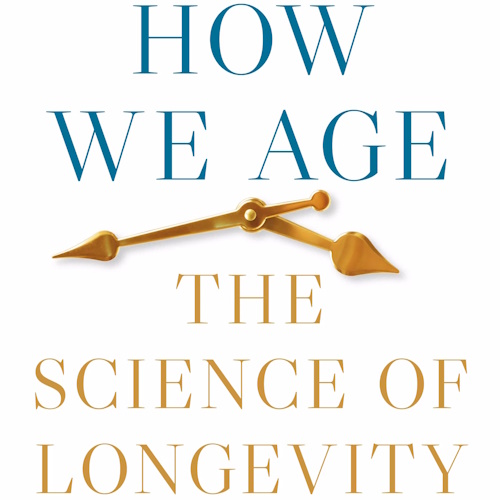Coleen Murphy
Professor of Molecular Biology and Genomics at the Princeton University
Coleen T. Murphy is a Professor of Genomics and Molecular Biology at Princeton University. She graduated from the University of Houston with a B.S. in Biochemistry and Biophysics, then earned her doctorate in Biochemistry at Stanford University, studying the structure-function determinants of the motor protein myosin. Dr. Murphy became interested in applying new quantitative technologies to approach the question of aging during her postdoctoral work in Dr. Cynthia Kenyon’s lab (UCSF), developing microarray approaches to identify the set of genes downstream of the insulin signaling/FOXO longevity pathway, revealing a vast array of downstream cellular processes, including stress response, proteostasis, metabolism, immunity, autophagy, and intercellular signaling, to extend cellular and organismal maintenance with age.
In her own lab, Dr. Murphy’s team has developed C. elegans models of human “quality of life” aging phenotypes, such as cognitive aging and reproductive aging; these processes are remarkably well-conserved at the molecular level, and her group has identified genetic pathways that can extend these processes with age through the development of quantitative assays and genomic approaches to study these aging phenomena.
Visit website: https://en.wikipedia.org/wiki/Coleen_T._Murphy
See alsoDetails last updated 07-Aug-2023
Coleen Murphy is also referenced in the following:
ARDD 2023 - 10th Aging Research & Drug Discovery Meeting
28-Aug-2023 to 01-Sep-2023
Event about latest progress in the molecular, cellular and organismal basis of aging organized by University of Copenhagen
Coleen Murphy Creations
How We Age: The Science of Longevity
Book written by Coleen Murphy about recent breakthroughs in longevity research offer clues about human aging






